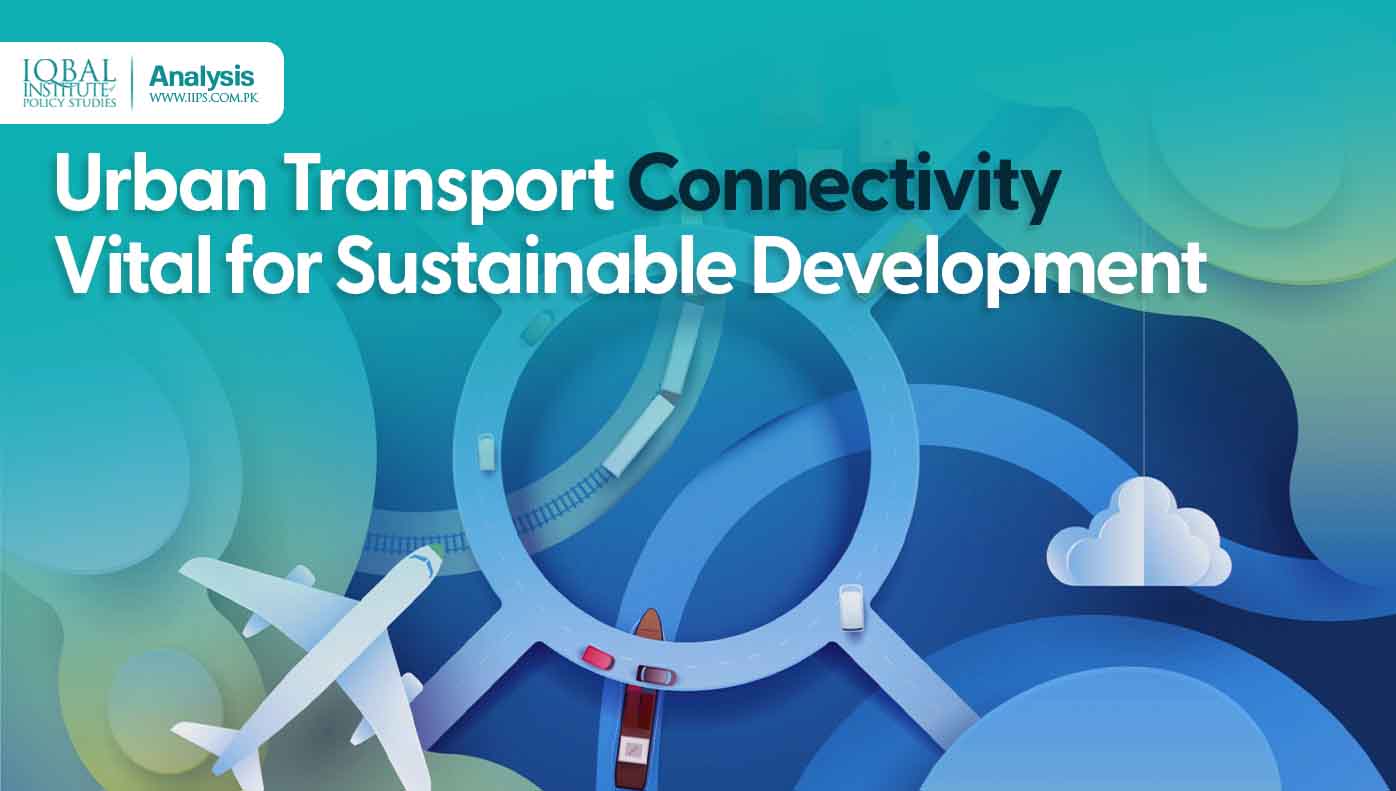Modern transport and communication facilities play a significant role in the economic development of countries. A well-connected road network and inexpensive public transport can boost a country’s economy by promoting internal and external trade and providing employment. It encourages faster transportation of goods and services, which is important to the economic uplift and eliminating poverty by creating employment opportunities. The transportation sector contributes about 10.5 per cent to the country’s GDP, and the rising spending on public infrastructure positively affects social and human capital.
A well-developed urban transport infrastructure can attract foreign investment and maintain a high growth rate in the country. Developed and maintained strategic roads have significant importance in micro and macroeconomy and increase National Integration by enhancing social and economic dependence between the provinces. It can also provide a safe, modern, and efficient transportation system in the country.
However, Pakistan is working with Asian Development Bank (ADB) to promote its transportation sector. Several projects have been initiated under the partnership between Pakistan and ADB to improve its urban freightage system, including the upgradation of Shikarpur–Rajanpur National Highway 55 (N55). The project aims to increase the capacity of the highway section that passes through populous economic centres in the Sindh and Punjab provinces. It also addresses key road safety, climate resilience, and gender-specific needs to facilitate the regional movement of goods and people and support Pakistan’s economic recovery from COVID-19.
The government focuses on developing urban transport connectivity as it plays a vital role in economic development. Pakistan is also a member of the CAREC Programme, a partnership of 11 countries to promote economic growth and sustainable development through regional cooperation.



Leave a Reply